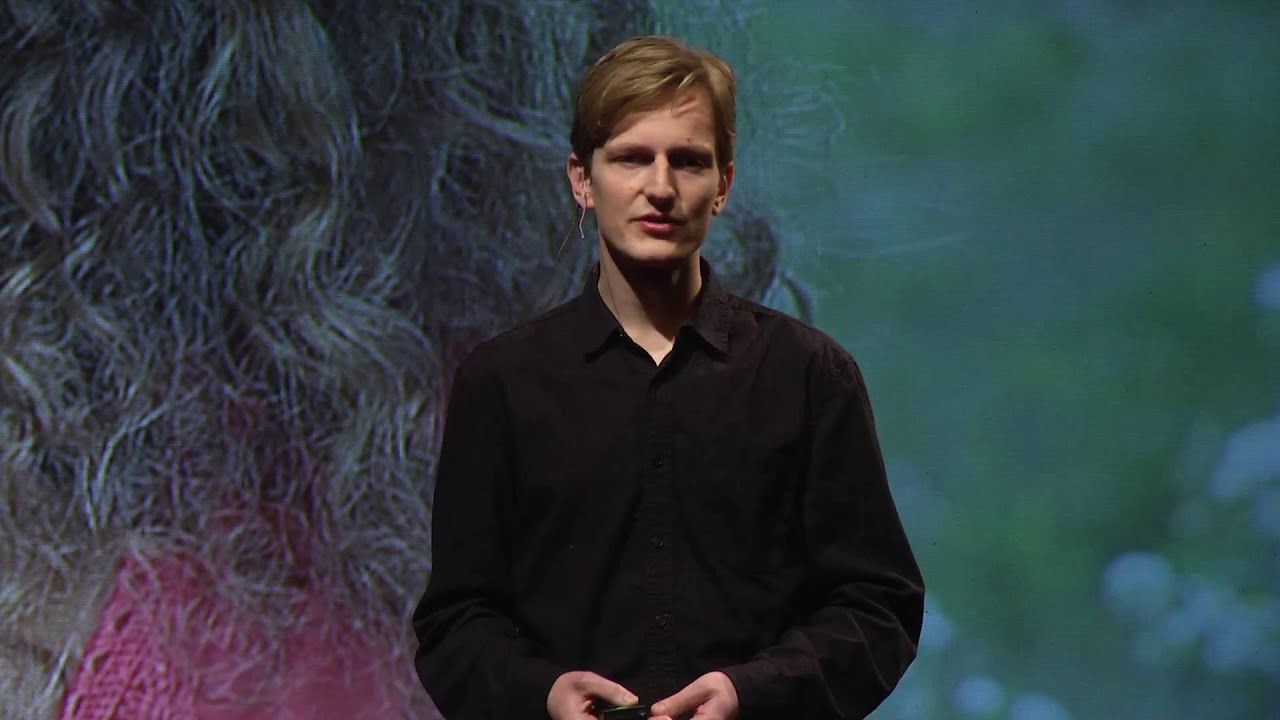How Millennials Are Fighting To Survive Climate Change | Geoff Dembicki | Tedxeastvan
Unleash Your Creative Genius with MuseMind: Your AI-Powered Content Creation Copilot. Try now! 🚀
Introduction
Last December, at the Paris climate talks, I had a mind-opening experience. I attended an event called "Young and Future Generations Day," where young people from all over the world gathered to celebrate their achievements. It was an inspiring sight to see young individuals from Pakistan, India, the US, and many other countries coming together to make a difference. However, what struck me the most was the perspective these young people had, which differed greatly from the leaders who currently govern our world.
The Unique Moral Worldview of Millennials
Anjali, a young Canadian, spoke up during the event, expressing her disappointment that the UN climate chief, Christiana Figueres, left the room before the youth had a chance to speak. Anjali believed that the young people in the room had a fresh perspective on the world, one that was not limited by the conventional thinking of the current leaders. And I couldn't help but agree with her.
As a millennial, I belong to the generation that will be the last one able to make a significant impact on climate change. However, if we fail, we will also be the first to experience its devastating effects. To truly understand the climate crisis and how it can be fixed, we must delve into the unique moral worldview of my generation.
The Urgency of Climate Change
Climate change is not just an abstract scientific issue; it is a moral crisis that threatens the survival of an entire generation. James Hansen, a NASA climatologist, has warned that if we continue on our current path, Antarctica could warm ten times faster than previously estimated. This could result in a sea-level rise that would flood every coastal city on the planet by 2065 at the very earliest.
Imagine the forced migrations and economic fallout that would occur in such a scenario. We are already struggling to handle the refugee crisis in Syria. Hansen even went as far as to say that climate change could threaten the fabric of civilization itself. While 2065 may seem distant to some, millennials will be in their mid-80s or younger, potentially experiencing this doomsday scenario.
The Power of the Youth Vote
The unique moral worldview of millennials has had a significant impact on the political landscape. During Canada's recent federal election, young people played a crucial role in bringing about change. Andrew, a university professor in Vancouver, witnessed how the conservative leadership in Canada threatened his future survival. Under their rule, climate change laws were delayed, and emissions from oil sands soared. Canada even withdrew from the Kyoto Accord.
Instead of urging his peers to vote for a specific party, Andrew encouraged them to be politically independent. This worldview of prioritizing climate change as a top issue is shared by many millennials. Over 50% of young people identify as politically independent, with climate change being a major concern. They wanted someone who would take their survival seriously, and they weren't particularly picky about who it was.
The result was a surge in youth voting, leading to a historic change in Canada's political landscape. The Conservative rule, which had lasted for ten years, ended in a single night. Justin Trudeau, a progressive leader, became the new Prime Minister. The power of politically independent young people coming together to vote for their survival demonstrated that the status quo is more fragile than it appears.
Shifting Economic Paradigms
The millennial generation's moral viewpoint extends beyond politics and into the realm of economics. Chloe, a former Harvard student, recognized that our economic system was jeopardizing our future survival. She started a fossil fuel divestment campaign at Harvard, pressuring the school to divest from oil, coal, and gas companies. While this may not have had a direct financial impact on these companies, it made a moral point.
A global survey of millennials found that over 75% believe businesses are too focused on short-term profits. A majority of young people also think businesses should do more to address climate change. Chloe's divestment movement quickly spread to campuses across the world, gaining support from major institutions and banks. Trillions of dollars' worth of economic activity was influenced by this youth-led movement.
Major banks, like UBS, realized that the values embodied in divestment had a profound and long-term impact on the global economic system. Young professionals and interns, who are the future voters, consumers, and leaders, expressed their concerns about fossil fuels. The power of the youth voice and their demand for an economic system that values survival as much as profits cannot be ignored.
Conclusion
The stories of Andrew and Chloe remind us that fixing climate change is not impractical or impossible. The unique moral worldview of millennials has the power to bring about profound and immediate change. We are a generation that refuses to tolerate a political and economic system that doesn't take the threat of climate change seriously. With our collective belief that the status quo can change, we can shape a future where our survival is prioritized.
So, let us embrace this new paradigm, driven by the creative, funny, and positive energy of the young generation. Together, we can make a difference and ensure a sustainable future for ourselves and generations to come. The time for action is now, and the power is in our hands.

Related Recaps
- Do you want to learn such a parking technique?#car #tips #driving #tutorial #shortsvideo
- SFIDO TheBadGeorge.EXE A COMBATTERE!! Minecraft ULTIMA Failcraft #52
- Carlos Andreazza: 'Incompetente, governo Bolsonaro não privatizou. Não será o PT que o fará.'
- How to AUTO HIDE Reference Images for Modeling in Blender
- Every Time The Krabby Patty Formula Gets STOLEN Ever! 😮🍔 | SpongeBob